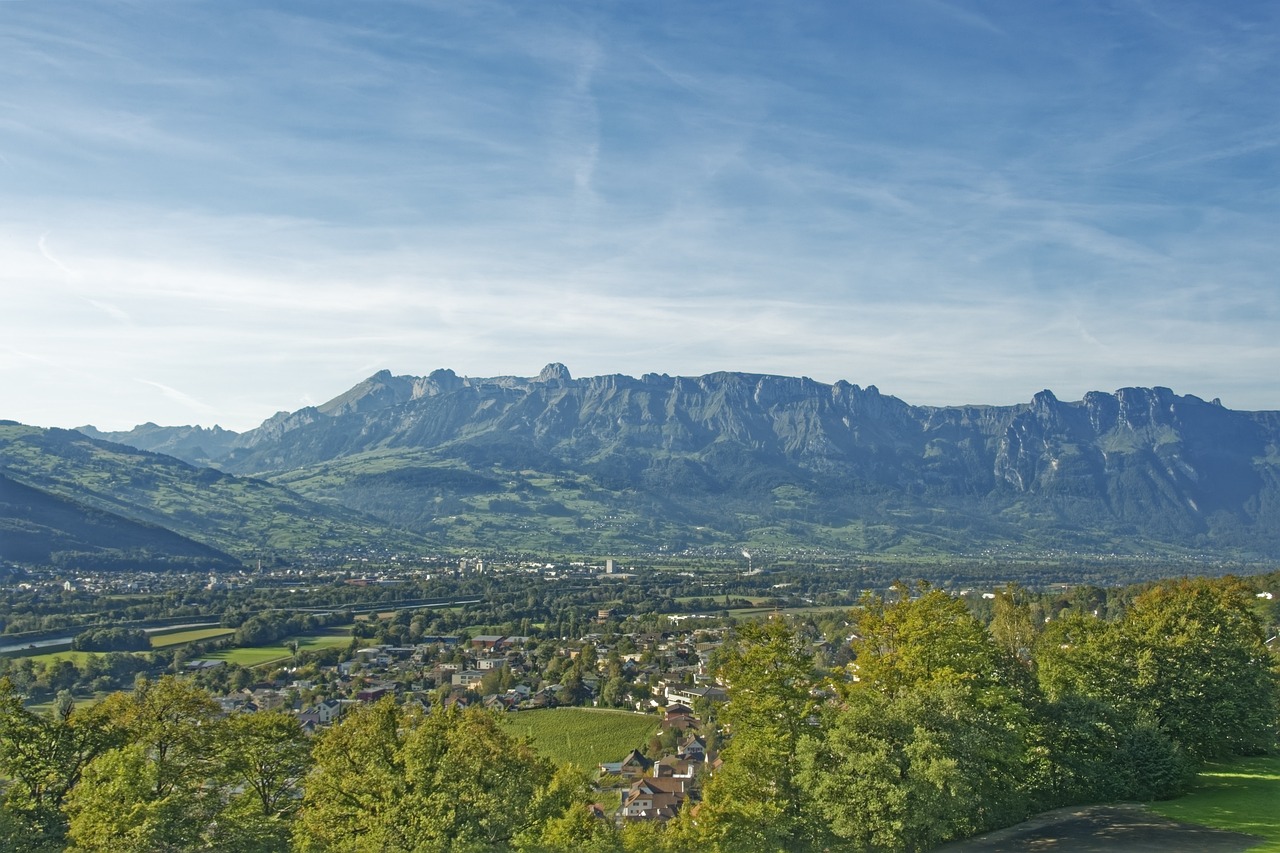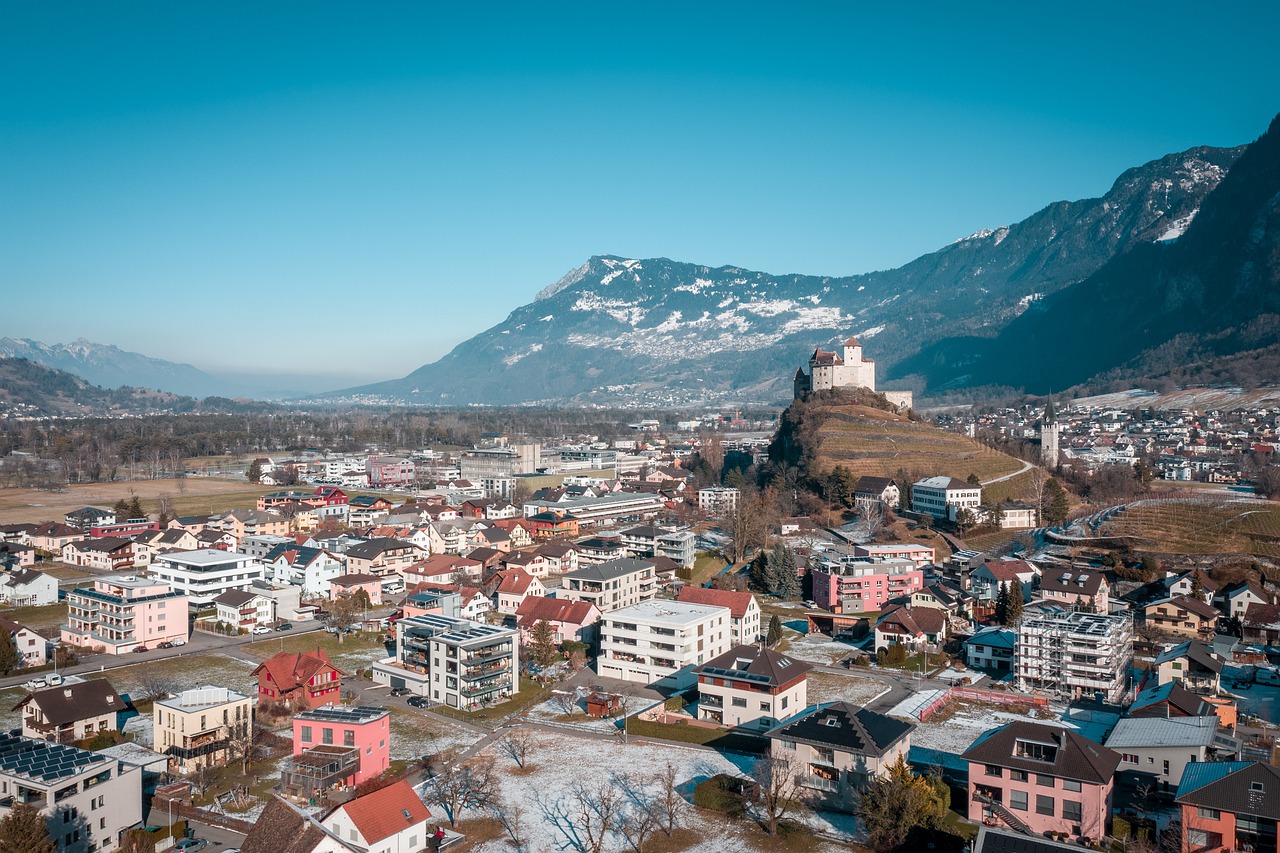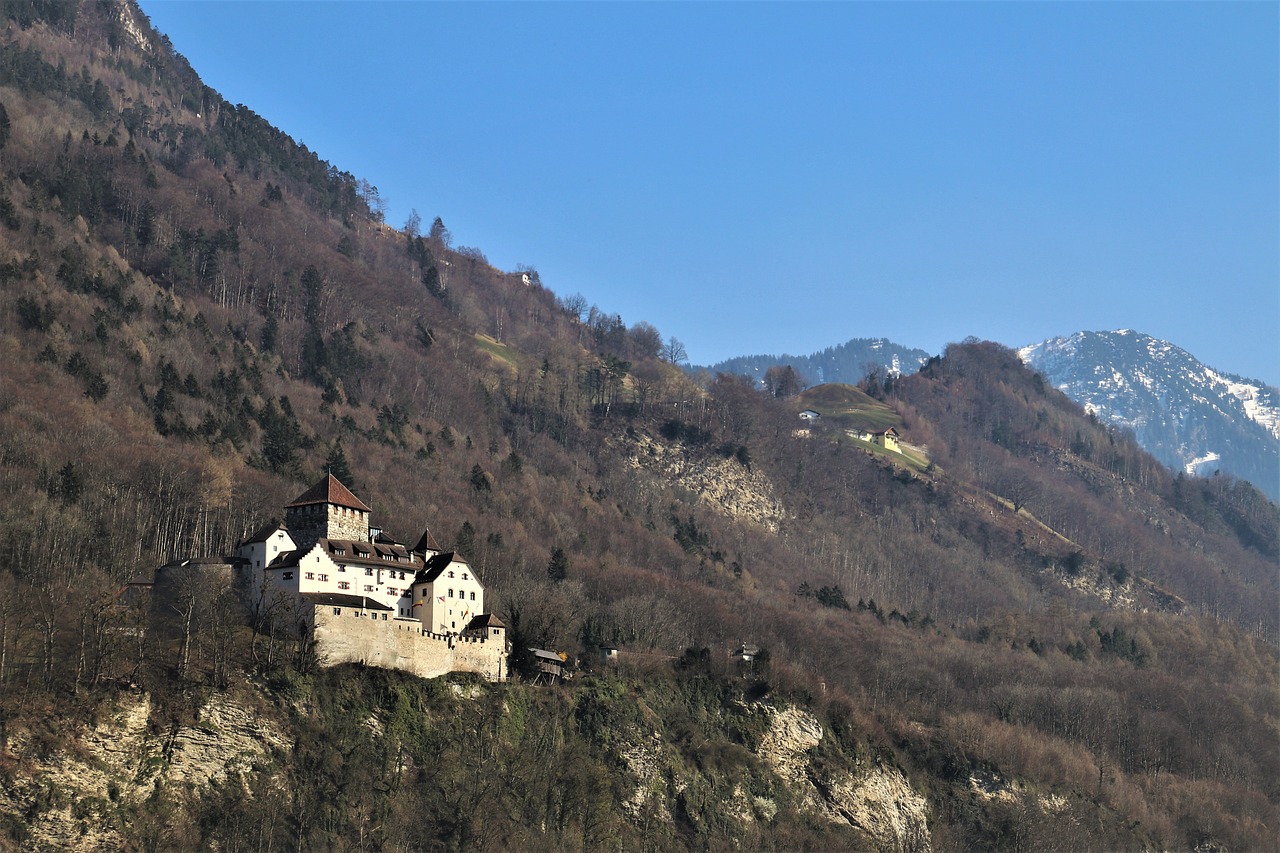Liechtenstein Video:
Cultural Sensitivities: Understanding Local Norms in Liechtenstein
Liechtenstein, a small but beautiful country nestled between Austria and Switzerland, is known for its rich history, stunning landscapes, and unique cultural heritage. To fully appreciate and respect the local customs and traditions, it is essential to understand the cultural sensitivities of Liechtenstein. In this article, we will explore various aspects of Liechtenstein’s cultural norms to help visitors navigate the country with respect and appreciation.
Language and Communication
Liechtenstein’s official language is German, specifically the Alemannic dialect. However, most people in Liechtenstein are fluent in standard German as well as English. When interacting with locals, it is polite to greet them with a simple “Guten Tag” (Good day) or “Hallo” (Hello). English is commonly spoken in tourist areas, but learning a few basic German phrases can go a long way in showing respect for the local culture.
- Greetings: When meeting someone for the first time, a firm handshake is the customary greeting. Maintain eye contact and address individuals using their titles and surnames until invited to use their first names.
- Conversation Topics: Liechtensteiners appreciate discussions about their country’s history, culture, and natural beauty. Avoid sensitive topics such as politics, religion, or any negative references to neighboring countries.
- Punctuality: Being on time is highly valued in Liechtenstein. Arriving a few minutes early for appointments or social gatherings is considered polite.
- Personal Space: Liechtensteiners value personal space and tend to maintain a larger physical distance during conversations. Respect this cultural norm and avoid standing too close or touching someone without their consent.
Social Etiquette and Customs
Liechtenstein has a strong sense of community and respect for social norms. Understanding the following customs will help visitors integrate smoothly into local life.
- Dress Code: Liechtensteiners generally dress conservatively and formally. Smart-casual attire is appropriate for most occasions. When visiting religious sites or attending formal events, it is advisable to dress more formally.
- Tipping: Tipping is not obligatory in Liechtenstein, as a service charge is usually included in the bill. However, rounding up the bill or leaving a small tip as a gesture of appreciation is common.
- Gift Giving: If invited to a Liechtensteiner’s home, it is customary to bring a small gift, such as flowers or chocolates. Avoid giving extravagant or overly expensive gifts, as they may be seen as inappropriate.
- Table Manners: When dining with locals, it is polite to wait for the host to start eating before you begin. Keep your hands visible on the table and avoid placing your elbows on it. Finish everything on your plate to show appreciation for the meal.
Religion and Traditions
Religion plays a significant role in Liechtenstein’s culture, with Roman Catholicism being the predominant religion. Understanding the religious customs and traditions will enhance your experience in the country.
- Religious Sites: Liechtenstein has several beautiful churches and chapels that are worth visiting. When entering these places, it is essential to dress modestly and maintain a respectful demeanor.
- Public Holidays: Liechtenstein celebrates various religious holidays, such as Easter and Christmas. During these times, some businesses and services may be closed or operate on reduced hours.
- Customs and Festivals: Liechtenstein has a rich calendar of traditional events and festivals. Participating in these celebrations allows visitors to immerse themselves in the local culture. Respect local customs and traditions during these events.
Cuisine and Dining
Liechtenstein offers a delightful culinary experience influenced by its neighboring countries. Exploring the local cuisine while being mindful of cultural norms is essential.
- Local Specialties: Liechtenstein’s cuisine is diverse, with influences from Austria, Switzerland, and Germany. Try traditional dishes such as Käsknöpfle (cheese pasta), Riebel (cornmeal dish), and Käseknöpfle (cheese dumplings).
- Table Manners: When dining in Liechtenstein, it is customary to wait for the host to say “Guten Appetit” (Enjoy your meal) before starting. Keep your hands visible on the table and avoid resting your elbows on it. Finish everything on your plate to demonstrate appreciation for the food.
- Alcohol Consumption: Liechtenstein has a vibrant wine culture, and locally produced wines are highly regarded. When invited to someone’s home, it is polite to bring a bottle of wine as a gesture of appreciation.
Art and Culture
Liechtenstein boasts a rich artistic and cultural heritage. Understanding the cultural nuances and appreciating the local arts will enhance your experience in the country.
- Art Galleries and Museums: Liechtenstein is home to several art galleries and museums, showcasing both local and international works. When visiting these establishments, it is important to respect the artwork and follow any photography restrictions.
- Music and Performing Arts: Liechtenstein has a vibrant music and performing arts scene. Attending concerts, operas, or theater performances allows visitors to immerse themselves in the local culture.
- Local Crafts: Liechtenstein has a tradition of skilled craftsmanship, particularly in woodworking and ceramics. Supporting local artisans by purchasing handmade crafts is a great way to appreciate the local culture.
Nature and Outdoor Activities
Liechtenstein’s picturesque landscapes and outdoor activities are a major draw for visitors. Respecting the environment and following local guidelines is crucial.
- Hiking and Outdoor Recreation: Liechtenstein offers a wide range of hiking trails and outdoor activities. When exploring the natural beauty of the country, follow designated paths, respect private property, and leave no trace.
- Wildlife and Flora: Liechtenstein is home to diverse wildlife and plant species. Observe animals from a distance and refrain from disturbing their natural habitats. Avoid picking or damaging plants.
- Environmental Sustainability: Liechtenstein places a strong emphasis on environmental conservation. Dispose of waste responsibly, recycle where possible, and respect any environmental regulations in place.
Image 1:

Local Events and Festivals
Liechtenstein hosts various events and festivals throughout the year, showcasing its cultural heritage and traditions. Participating in these celebrations offers a unique insight into the local way of life.
- National Day: On August 15th, Liechtenstein celebrates its National Day with parades, music, and fireworks. It is a great opportunity to experience the country’s patriotic spirit.
- Vaduz Castle Festival: Held annually in July, the Vaduz Castle Festival features concerts, theater performances, and exhibitions against the stunning backdrop of Vaduz Castle.
- Alpine Procession: Taking place every five years, the Alpine Procession showcases traditional costumes, music, and customs as locals parade through the streets of Liechtenstein’s villages.
Image 2:

Conclusion
By understanding and respecting Liechtenstein’s cultural sensitivities, visitors can have a more enriching and enjoyable experience in this beautiful country. From language and communication to social customs and traditions, embracing the local norms will foster positive interactions and create lasting memories.
Image 3:

References:
- liechtenstein.li
- tourismus.li
- lonelyplanet.com
- culturalatlas.sbs.com.au
- worldtravelguide.net


